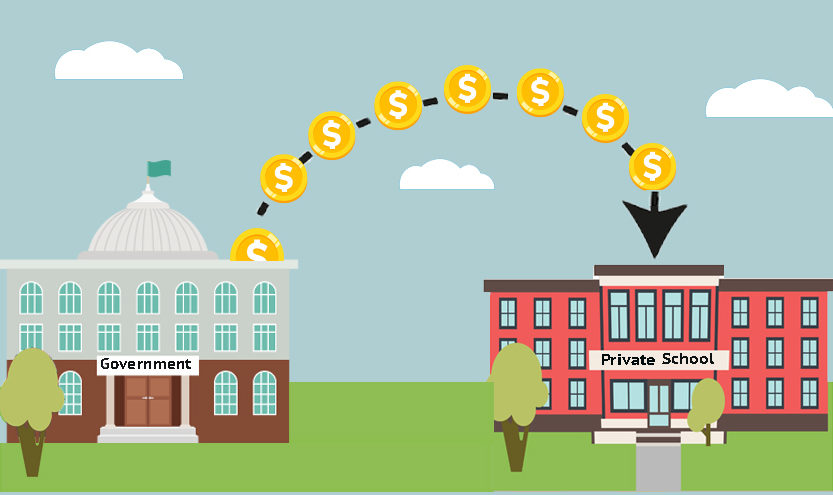Autor: forneas
-

How Shareholder Primacy Harms Long-Term Economic Health
Introduction: The Concept of Shareholder Primacy Shareholder primacy is a principle in corporate governance that holds increasing shareholder value as the primary goal of a corporation. Under this model, the interests of shareholders take precedence over stakeholders such as employees, customers, and the community. The theory posits that by focusing on maximizing shareholder returns, businesses…
-
The Financial Consequences of the War on Drugs
Introduction to the War on Drugs The War on Drugs is a certification of a challenging and extensive campaign led primarily by the United States government to reduce the illegal drug trade. Announced by President Richard Nixon in June 1971, it aimed to combat drug production, distribution, and consumption through a combination of law enforcement,…
-

How Speculative Real Estate Investments Displace Communities: A Comprehensive Analysis
How Speculative Real Estate Investments Displace Communities: A Comprehensive Analysis Introduction to Speculative Real Estate Investments Speculative real estate investments refer to the purchase of property with the hope that its value will increase over time, yielding significant profits for the investor. Unlike traditional real estate investments aimed at steady income through rentals, speculative investments…
-

Understanding the Economic Effects of Wealth Concentration
Introduction to Wealth Concentration Wealth concentration refers to the unequal distribution of assets among a population. Distinct from income inequality, which measures disparities in earnings, wealth concentration evaluates the accumulation of financial and real estate assets. This measure has been gaining attention globally due to its substantial economic and social implications. In economically advanced countries,…
-

Understanding the Hidden Costs of Free Market Capitalism: An In-Depth Analysis
Introduction to Free Market Capitalism Free market capitalism is a cornerstone of modern economic theory, often paraded as the ideal way to achieve efficiency, innovation, and economic growth. At its core, free market capitalism is an economic system where prices for goods and services are determined by the open market and consumers. In theory, this…
-

The Hidden Risks of Over-Leveraged Corporations: What Investors Need to Know
Introduction: Understanding Leverage in Corporate Finance Leverage, in the world of corporate finance, describes the use of borrowed capital (debt) to enhance the potential return on investment. Corporations can raise capital through equity (selling shares) or debt (borrowing money), and leveraging involves a strategic decision to increase a company’s exposure to debt. This financial tactic…
-

Why Minimum Wage Laws Are Not Enough: Addressing the Root Causes of Income Inequality
Introduction: The Scope and Limitations of Minimum Wage Laws Income inequality remains one of the most pressing issues of our time, affecting not only the economic landscape but also the social fabric of our societies. One of the widely embraced solutions to combat income disparity is implementing minimum wage laws. These laws mandate the lowest…
-

The Risks of a Cashless Society: Implications and Concerns
Introduction to Cashless Society: Definition and Trends In recent years, the world has seen an exponential growth in cashless transactions, a trend that has significantly transformed how we manage and execute financial operations. A cashless society is one where transactions for goods and services are conducted without physical money, utilizing digital currency and various forms…
-

The Problem with Privatizing Education: Challenges and Consequences
Introduction to Privatizing Education Education has long been regarded as a public good, central to the development of individuals and society. The concept of privatizing education, however, challenges this traditional perspective. At its core, privatization refers to the transfer of ownership, management, or funding from the public sector to private entities. This transformation can take…
-

How Consumer Debt Fuels Economic Inequality: Comprehensive Analysis
Introduction to Consumer Debt and Economic Inequality Consumer debt has become an integral part of the modern economic landscape, affecting millions of households across the globe. From credit card balances to student loans, debt in various forms has a far-reaching impact on everyday financial choices and future economic prospects. However, the ramifications of consumer debt…